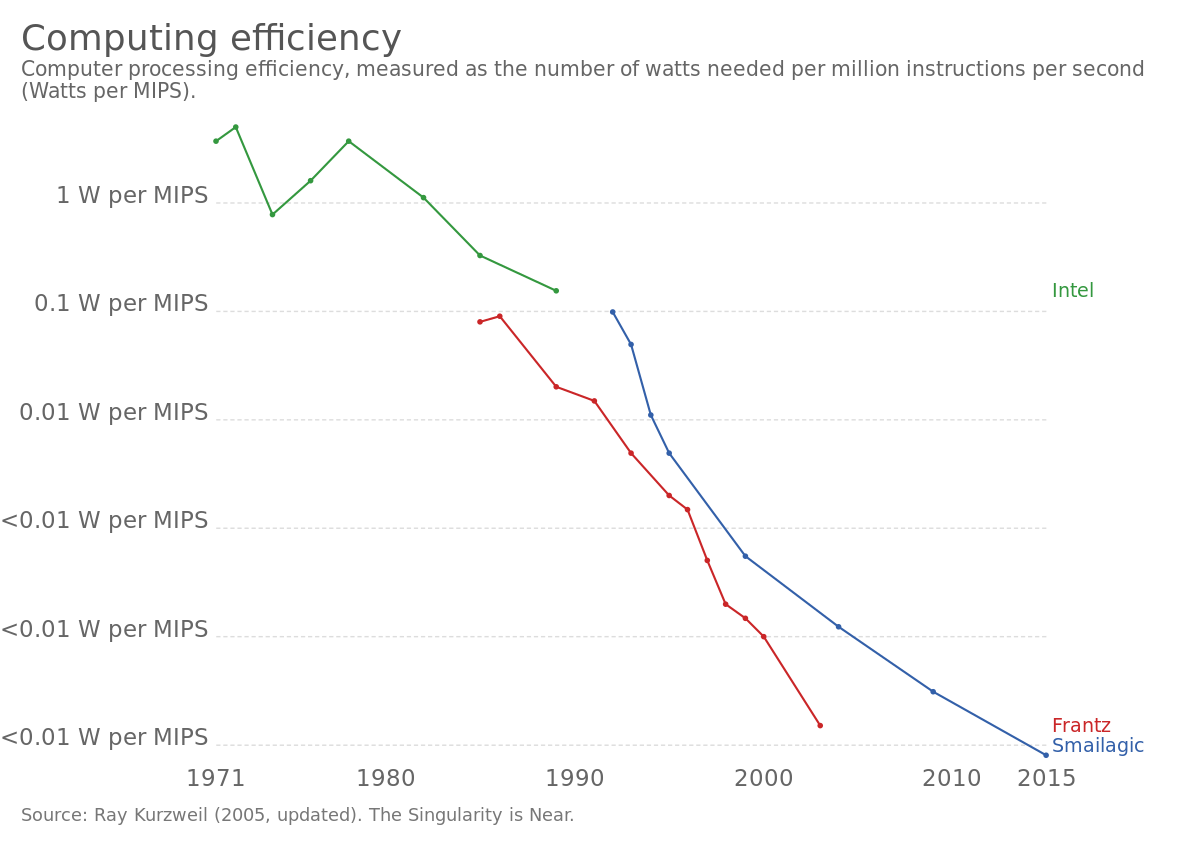bigmessowires
Well-known member
I did some more reading about this yesterday, and there's some (old) controversy about the 5200 and 6200 series and others with a PowerPC 603, and some Reddit arguments involving forum members here. For my dollar, this write-up is the most worthwhile: https://lowendmac.com/2020/the-golden-road-apple-how-i-discovered-that-the-worst-mac-ever-wasnt/
The author found the Performa 6200/75 to be 93% the speed of a PowerMac 6100/60 for integer CPU work. Since the 6200 is clocked 25% faster than the 6100, that means MHz-for-MHz a 603 (as used in the 6200 anyway) is roughly 75% as fast as a 601 at the same clock speed. The 6200's higher clock speed almost but not quite makes up for the 603's comparative sluggishness versus the 601. The Performa 6200/75 is sort of like having a PowerMac 6100/56 if such a thing existed.
The tests were run under OS 7.5.5 with MacBench 4.0. It doesn't say whether SpeedDoubler was used, so probably not. I assume the MacBench CPU tests are PowerPC native and not emulated 68K code.
If synthetic benchmarks aren't convincing, the author also did some real-world tests launching applications and decompressing files. Compared to a Quadra with a 601/66 upgrade card, the 6200/75 performance was nearly identical.
TL,DNR: I'd assumed incorrectly that since the Performa 6200's PowerPC 603 was a newer generation CPU than the 601 and also had a higher clock speed, it would perform better. But the actual performance is comparable to a 6100/60 and is reasonable for the day. Maybe if they'd named the chip the LC601 or something, that might have done a better job of setting expectations.
The author found the Performa 6200/75 to be 93% the speed of a PowerMac 6100/60 for integer CPU work. Since the 6200 is clocked 25% faster than the 6100, that means MHz-for-MHz a 603 (as used in the 6200 anyway) is roughly 75% as fast as a 601 at the same clock speed. The 6200's higher clock speed almost but not quite makes up for the 603's comparative sluggishness versus the 601. The Performa 6200/75 is sort of like having a PowerMac 6100/56 if such a thing existed.
The tests were run under OS 7.5.5 with MacBench 4.0. It doesn't say whether SpeedDoubler was used, so probably not. I assume the MacBench CPU tests are PowerPC native and not emulated 68K code.
If synthetic benchmarks aren't convincing, the author also did some real-world tests launching applications and decompressing files. Compared to a Quadra with a 601/66 upgrade card, the 6200/75 performance was nearly identical.
TL,DNR: I'd assumed incorrectly that since the Performa 6200's PowerPC 603 was a newer generation CPU than the 601 and also had a higher clock speed, it would perform better. But the actual performance is comparable to a 6100/60 and is reasonable for the day. Maybe if they'd named the chip the LC601 or something, that might have done a better job of setting expectations.

